Local history
Local history has become much more prominent in the most recent National Curriculum with a prominent place at each key stage. It has not always been well done even if children often enjoy it. Good local history involves careful planning ideally through an enquiry approach drawing on historical concepts and a range of sources. Local history provides great opportunities for practical work inside and outside the classroom. It is not something done in isolation but should link with other history so that children see the links between their direct world and the wider context.
-

Teaching local history in primary schools: learning about effective practice
ArticleClick to view -

Teaching black British history through local archives
ArticleClick to view -
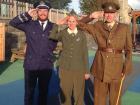
World War II: breathing life into a local history enquiry
ArticleClick to view -

Take one day: undertaking an in-depth local enquiry
ArticleClick to view -

Migration to Britain through time
ArticleClick to view -
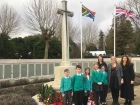
How significant is the tragic story of the SS Mendi?
ArticleClick to view -
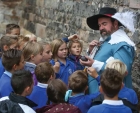
Siege coins of the English Civil War
ArticleClick to view -
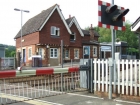
‘Not again!’ - an additional viewpoint on using railways
ArticleClick to view -

Bringing the Civil War to life in Somerset
ArticleClick to view -

Learning Outside the Classroom
ArticleClick to view -
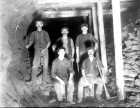
Local history and a sense of identity
ArticleClick to view -
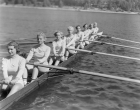
Celebrate your sporting heritage
ArticleClick to view -

The Stone Age conundrum
ArticleClick to view -
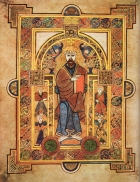
Using original sources
ArticleClick to view -

What makes good local history?
ArticleClick to view -

What your local Archive Service can offer to schools
ArticleClick to view -
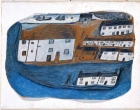
Key Stage 1 local history through fresh eyes
ArticleClick to view -

Local People and Places in the Early Years
ArticleClick to view -

From Home to the Front: World War I
ArticleClick to view -

Assessment and Progression without levels
ArticleClick to view

